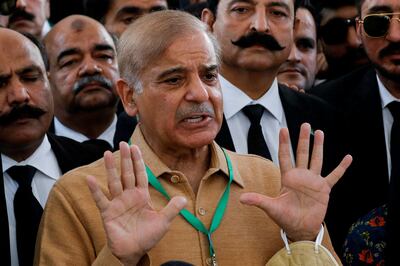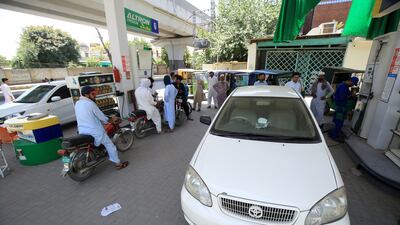Pakistan’s government ended Saturday as an official work day for its employees under energy-saving measures aimed at easing fuel shortages that have triggered rolling blackouts.
The purchase of new vehicles for use by officials and appliances such as air conditioners will be stopped, the volume of fuel allocated to government offices will be cut by 40 per cent and overseas trips will cease, according to Information Minister Marriyum Aurangzeb. The nation is aiming to lower energy consumption at government offices by 10 per cent, she said.
Lunches, dinners and high teas will no longer be served to officials, and the government will also consider making Friday a mandatory work-from-home day for its employees. Discussions are being carried out with provincial authorities to switch off street lights on alternate days.
Pakistan is bearing the brunt of a global energy crunch prompted by rebounding post-pandemic demand and a squeeze on fuel supply as many nations shun Russian fuel exports because of the country’s war in Ukraine. Japan, another nation heavily reliant on energy imports, this week stepped up appeals to citizens and companies to conserve electricity.
Surging energy prices and blackouts are a test for Prime Minister Shehbaz Sharif’s administration, which came into power in April after a period of political upheaval. Mr Sharif made Saturday a working day for public servants soon after being elected.

The nation’s energy import costs doubled in the 10 months to the end of April, while supplies to some exporting industries were cut off. Restrictions on power use will pose further risks to key sectors, including the textile factories that account for about half of Pakistan’s export earnings.
Pakistan’s curbs on energy consumption by the public sector were taken to steer the country out of an “extraordinary situation”, Ms Aurangzeb said on Tuesday in Islamabad. The nation is producing 21,000 megawatts of electricity while a heatwave is pushing demand to 28,400 megawatts.
Mr Sharif’s government has also had to increase fuel prices by 40 per cent and electricity rates by almost 50 per cent to meet requirements set by the International Monetary Fund to resume a bailout programme that is key for the nation to avoid a default.

